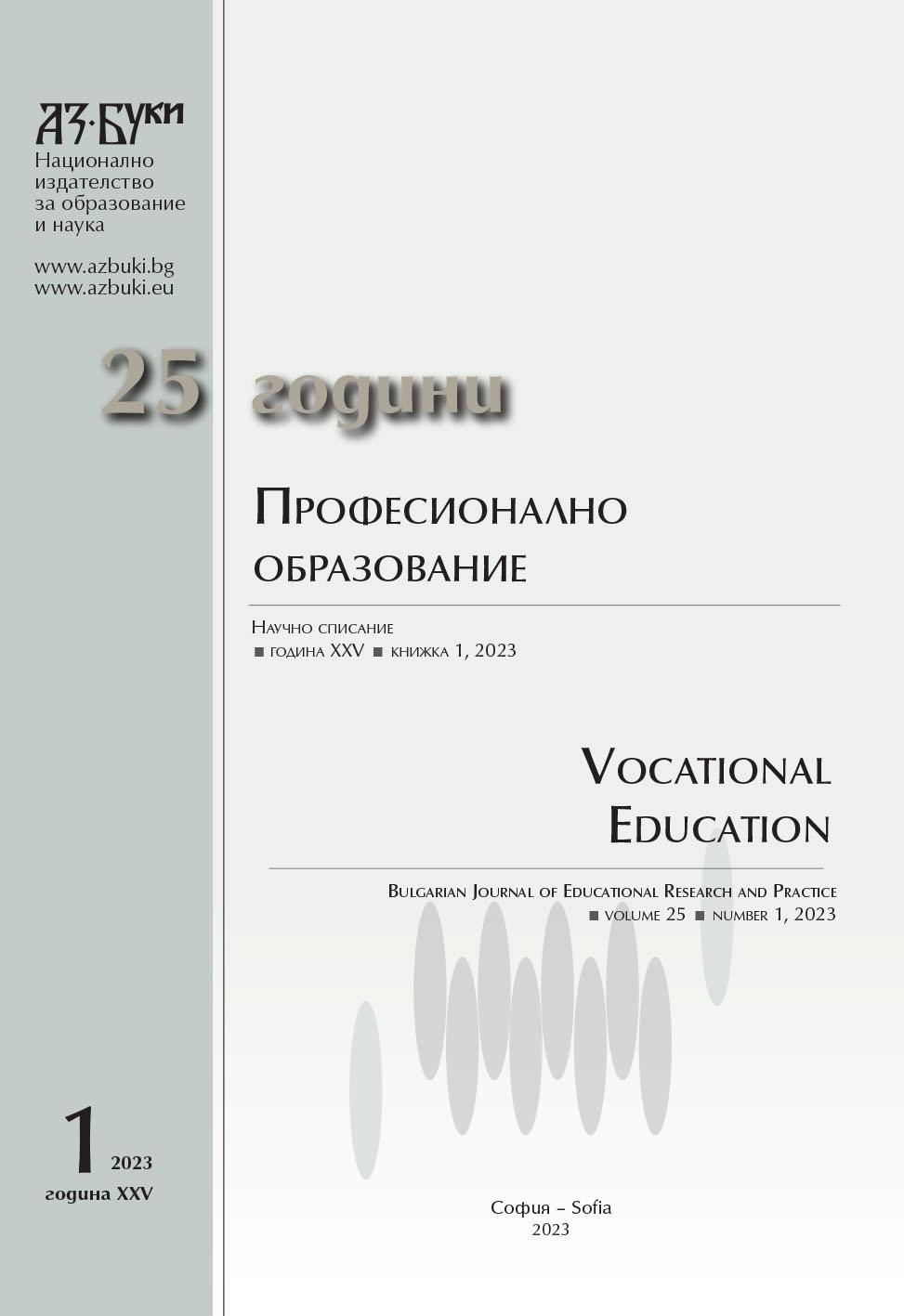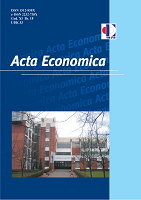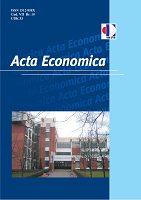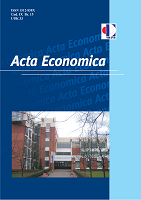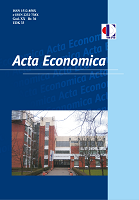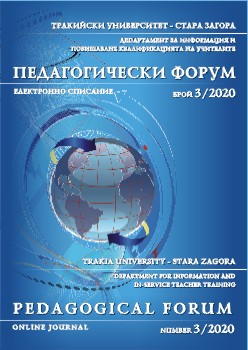ANALYSIS OF THE DEVELOPMENT OF THE PROFESSIONAL LEARNING COMMUNITY - A CASE STUDY OF THE HINKA SMREKAR SCHOOL
ANALYSIS OF THE DEVELOPMENT OF THE PROFESSIONAL LEARNING COMMUNITY - A CASE STUDY OF THE HINKA SMREKAR SCHOOL
Keywords: learning community; motivation; improving knowledge; teamwork
Every person is constantly educated and perfects their knowledge in various fields from an early age. Involuntarily or with reason, they get involved in various social diversities. They collaborate, change, build and succeed in realizing what they have acquired and learned over time. Thus, from birth, they are included in the society of their family, then in kindergarten, elementary school, high school, college, etc. When they grow up, they acquire competence, join an organization that requires them to demonstrate what they have learned so far. Thus, they start building a new system of their own operation/functioning again, which leads to the establishment of a kind of professional relationship between the organization and the new person. Based on his/her competences, this person is starting to get involved, cooperate and build first himself/herself, and then the organization. At the same time, both the person and the organization have a need for each other. When this limit is reached, and the person has become involved in the functioning of the organizational environment, relationships with other participating factors begin to be built, first internal (employees) and then external (customers, partners). This starts a circle of cooperation that must follow the organization. For successful operation, it is necessary that the new person cooperates with everyone involved in the organization. This is how the relationship begins to develop, roles begin to be distributed, action begins, the main goal and side goals are assigned, and, finally, everyone follows the whole organization. In one way or another, each of us finds ourselves in a certain cycle of events, which we then follow. Even in a learning organization, this cycle must begin and eventually be successfully completed. We conducted research on their learning organization. The teachers completed a questionnaire that helped us learn how they built their learning organization. We wanted to find out how they acquire new knowledge and how they participate in smaller or expanded activities. It was very important that we wanted to demonstrate whether they cooperated effectively and whether they were focused on the goals they had set in the annual work plan. Through the questionnaire, we wanted to find out whether they were guided, directed and motivated by the manager in achieving a certain goal. We also wanted to find out whether they followed innovative trends around the world and the promotion of sustainable development in education. In the seminar assignment, we also show what needs to be emphasized when participating in teams or assets.
More...
